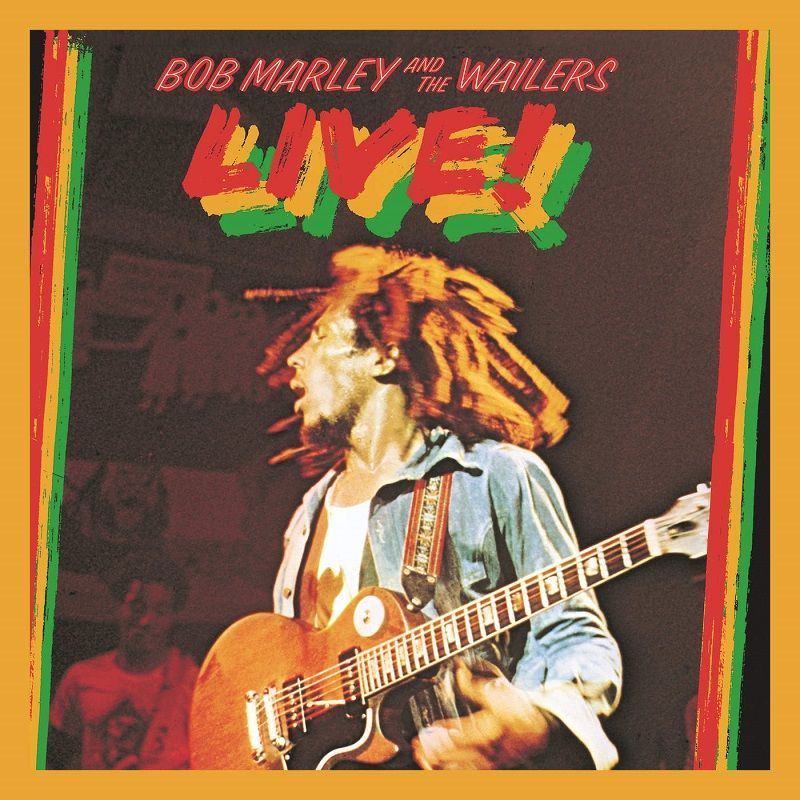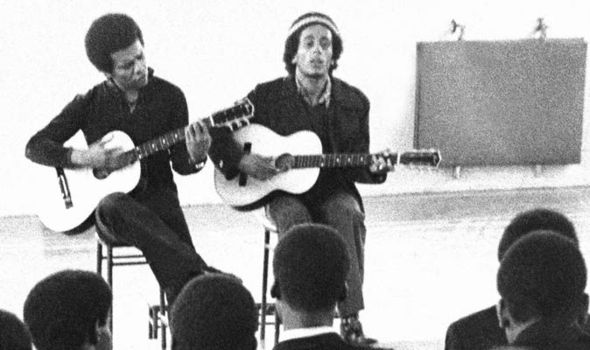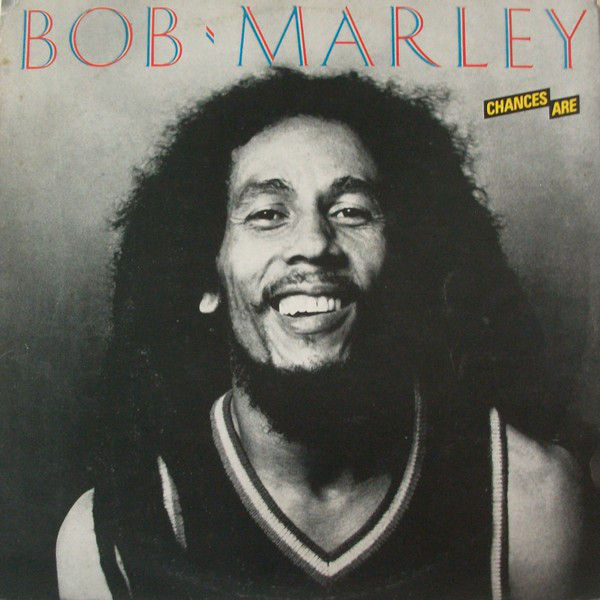Podcast: Play in new window | Download | Embed
Chances are, you only own one Reggae album and it is Legend by Bob Marley. It’s a stunning collection of his hits and mostly inoffensive tracks, which has constantly drawn criticism for appealing to whites in the suburbs. This program will feature selections that you probably never knew existed, which paint a different picture than the one you are used to. #bobmarley #thewailers #reggae #Jamaica
It is one of the best-selling albums in history, an album that, for many, has come to define an entire genre: Legend, by Bob Marley. It is as iconic as in the cannon of its contemporaries like Sgt. Pepper by the Beatles, Thriller by Michael Jackson and Tapestry by Carole King.

In fact, only one album in the history of the U.S. Billboard charts has stayed on longer than Legend: Dark Side Of The Moon by Pink Floyd, yet another landmark release that everyone seems to have a copy of. The truth of the matter is, it was packaged and marketed this way.
Charly Prevost, the former president of Marley’s international label, speaking to The Village Voice in 2014, stated that Marley was a favorite at Island Records, but “U2 and Frankie Goes to Hollywood and Robert Palmer is what paid your salary.” David Robinson, founder of U.K. indie label Stiff (Nick Lowe, Elvis Costello) was given the responsibility to package a greatest hits set of Marley’s after his death in 1981 at the age of 36 from cancer.

Robinson purposely shied away from the protest tracks and deeply personal songs that fans of Marley associated him with. He even chose a pensive front photo on the cover to further rebrand a political musician into a sensitive songwriter, a la early 1970’s releases by soft rock artists.
The gamble paid off in spades, and Legend is the best-selling Reggae album in history, still shifting hundreds of thousands of units annually in the age of streaming.

This program is not a knock at those classic tracks, but a sort of alternative to them; things you didn’t get on Legend that are part of Marley’s legacy will be presented here and include such topics as police violence, armageddon, non-Western religions, racism, rioting, slavery, a sexy love song, a funk groover, poverty and even a track about divorce. This may not be the Marley you know, but it is truly one worth investigating to see why he became the first true superstar of a developing nation.
First Part
- Reggae on Broadway, recorded 1972/remixed and released 1981, Chances Are
- Africa Unite, 1979, Survival
- Burnin’ and Lootin’, 1973, Burnin’
- War, 1976, Rastaman Vibration
- Turn Your Lights Down Low, 1977, Exodus
- Them Belly Full (But We Hungry), 1974, Natty Dread
- Real Situation, 1980, Uprising
- Crisis, 1978, Kaya
Second Part
- One Cup of Coffee, 1962, single A-side (recorded under the name Bobby Martell)
- Chant Down Babylon, recorded 1980/released 1983, Confrontation
- Slave Driver (original version), 1973, remixed version on Catch a Fire
- Hypocrites, 1967, single A-side
Finale
- Trenchtown Rock (live), 1975, Live!
- Rebel Music (3 O’Clock Roadblock) (live), 1978, Babylon By Bus
Love to you all.
Ben “Daddy Ben Bear” Brown Jr.
Host, Show Producer, Webmaster, Audio Engineer, Researcher, Videographer and Writer
Instagram: brownjr.ben
Twitter: @BenBrownJunior
LinkedIn: benbrownjunior
Design Site: aospdx.com
“Copyright Disclaimer Under Section 107 of the Copyright Act 1976, allowance is made for ‘fair use’ for purposes such as criticism, comment, news reporting, teaching, scholarship, and research. Fair use is a use permitted by copyright statute that might otherwise be infringing. Non-profit, educational or personal use tips the balance in favor of fair use.”
